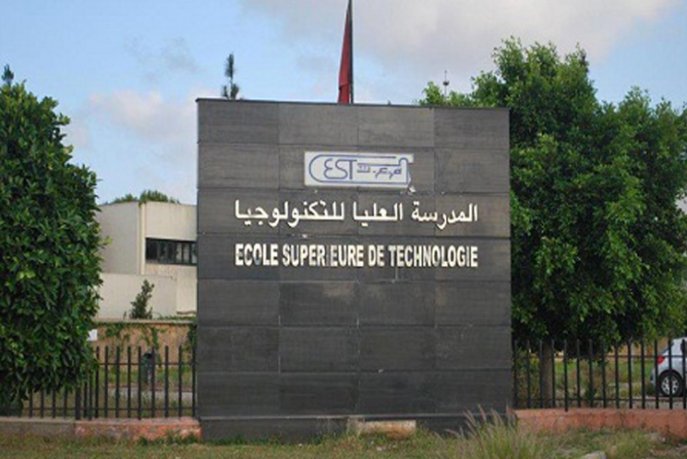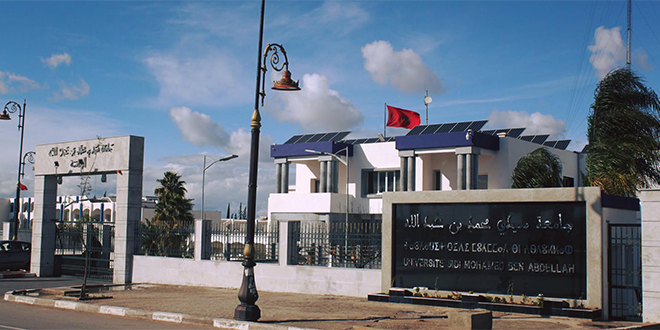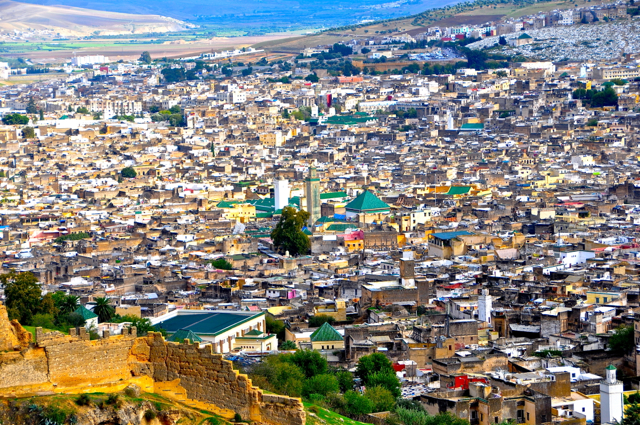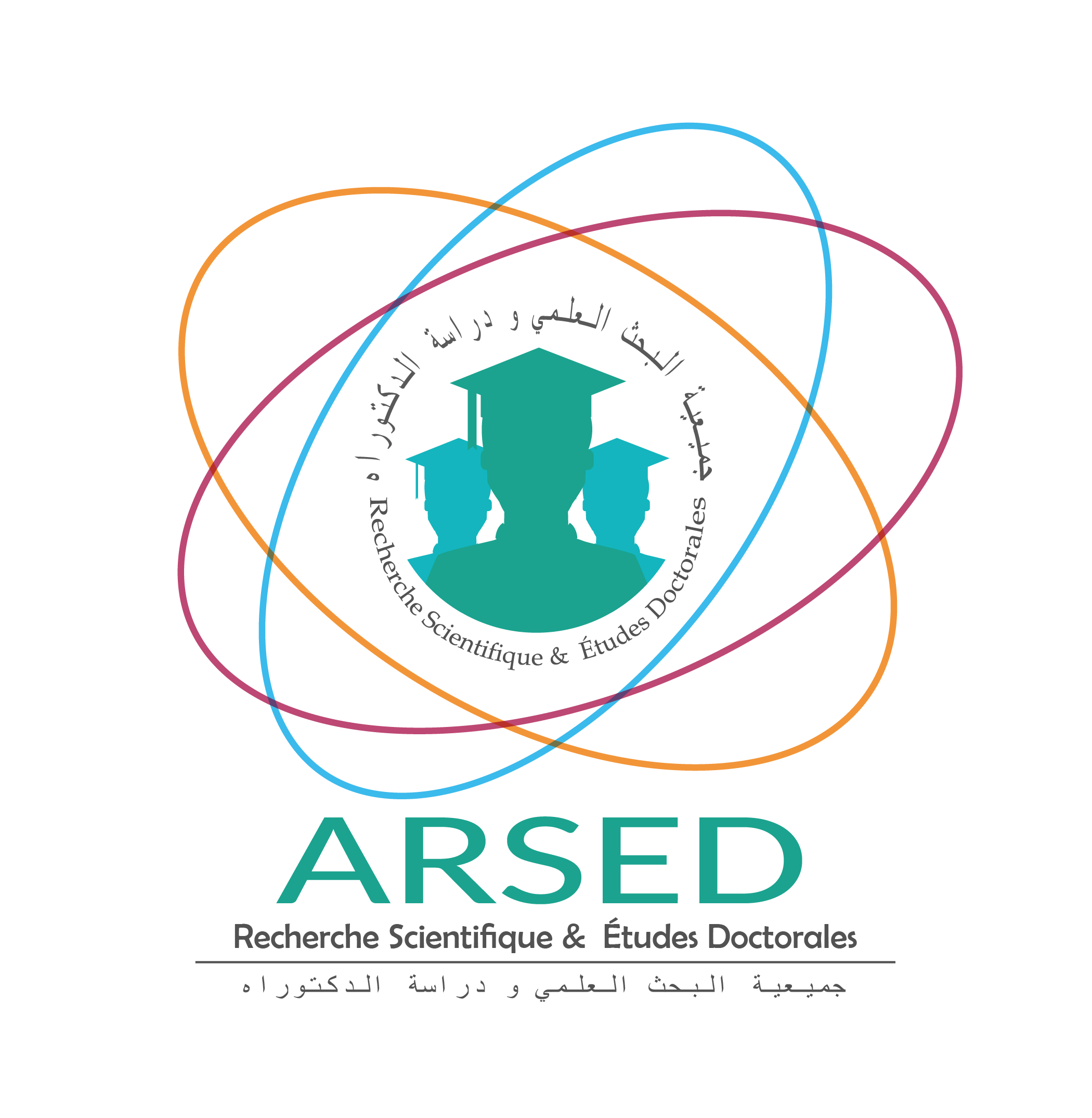
EcoSYS'2022

ARSED

EcoSys'2022
Plenary conferences
Indexed publication
Scientific workshops
Abstract submission date
01/10/2021
Notification to authors
01/11/2021
Receipt of final papers
20/12/2021
Notification to authors
15/02/2022
ECOSYS'2022
Every organization operates in a turbulent environment and in a changing ecosystem that can lead to several risks (financial risks, risk of losing customers, health risks, etc.). These risks can generate disruptions in its managerial mode and encourage it to be resilient, in other words, to be ready to overcome, if not adapt to, any risk coming from the outside or from within in order to ensure its continuity, whatever the conditions.
The 2019 pandemic is one of the major risks faced by organizations, it has been a gas pedal of transformations for them (State; private companies; public; trade unions); linking health – economic – social and societal crises and has forced all actors of the ecosystem, during the lockdown in March and after the deconfinement, to question the managerial practices to cope with this unprecedented situation and the emergency that it has installed.
The magazine “Questions de management” interviewed a group of actors in May 2020 (Questions de management N°28 pages 149-242) on “what are the organizational changes brought about by the Covid-19 crisis? Eighty research professors, consultants, company directors, HRDs, operational and functional managers, living in 22 countries on four continents, gave their answers. All of them emphasized the acceleration of transformations, emphasized new managerial innovations, new ways of working and announced organizational changes for the pandemic and highlighted the resilience that their organizations have shown in this situation of uncertainty.
Resilience is defined by WEICK and others. (2007) as “the ability to make sense of events that pose significant risks to the company’s sustainability. It allows organizations to continue to develop in an unfavorable environment, to find new solutions and to reinvent their management. The concept of resilience has been widely discussed in all disciplines: Sociology, philosophy, management, psychology, health, engineering, computer science and information systems security, etc.
This symposium is in line with this logic; it will allow the various speakers to present their work, share their experiences in terms of resilience and agility in an ecosystem, and answer the following main questions: How can we rethink current management approaches and take into account the resilience component? If current models have proven ineffective in dealing with crises, what organizational changes should be introduced? What are the associated constraints? How can we move from fragile management to agile management?
EcoSYS'2022 comMittee
- Pr. Fatima Zahra MADHAT, Université Sidi Mohamed Ben Abdellah, EST-Fès Maroc.
- Pr. Amina ELIDRISSI TISSAFI, Université Sidi Mohamed Ben Abdellah, EST-Fès Maroc
- Pr. Zakia ERRABIH, Université Sidi Mohamed Ben Abdellah,EST-Fès Maroc.
- Salmane BOUREKKADI, Université de Poitiers, École Nationale Supérieure de Mécanique et d’Aérotechnique ENSMA, France.
- Esra SIPAHI, Bureau de la protection de la vie privée du ministère de l’Éducation, Turquie.
- Fatima Zahra MADHAT, Université Sidi Mohamed Ben Abdellah, EST, Fès, Maroc.
- Ouail EL IMRANI, UniversitéAbdelmalekEssaâdi, FSJES,Tétouan, Maroc.
- Fouad JAWAB, Université Sidi Mohamed Ben Abdellah, EST- Fès Maroc.
- Abderrahman ALAOUI ISMAILI, Université Sidi Mohamed Ben Abdellah, EST- Fès
- Ahmed BOUKLATA ELIDRISSI, Université Sidi Mohamed Ben Abdellah, EST- Fès
- Abderrahmane OUDDASSER, Université Sidi Mohamed Ben Abdellah, EST- Fès
- Jabir ARIF, Université Sidi Mohamed Ben Abdellah, EST- Fès ;
- Mourad REHIOUI, Université Sidi Mohamed Ben Abdellah, EST- Fès
- Sanae EL MALIKI, Université Sidi Mohamed Ben Abdellah, EST- Fès ;
- Rabie BENABBOU, Université Sidi Mohamed Ben Abdellah, EST- Fès
- Hajar SLIMANI, Université Moulay Ismail, ENCG- Meknès.
- Khadija SLIMANI, Université de Poitiers France.
- Mohammed NEJJARI, Université Moulay Ismail, FSJES-Meknès.
- ABOU EL KALAM Anas, Université Cadi Ayyad, ENSA-Marrakech
- ACHELHI Hicham, UniversitéAbdelmalekEssâadi, FPL – LARACHE
- AFTISS Ahmed, Université Sidi Mohamed Ben Abdellah, FSJES – FES
- AKDIM Hamid, Université Sidi Mohamed Ben Abdellah, FPT, TAZA
- ALAOUI ISMAILI Abderrahman, Université Sidi Mohamed Ben Abdellah, EST- Fès
- AOUAME Abdelouahab, Université Sidi Mohamed Ben Abdellah, ENCG- FES
- ARIF Jabir, Université Sidi Mohamed Ben Abdellah, EST- Fès
- AZZAOUI Aicha, Université Sidi Mohamed Ben Abdellah, FSJES – FES
- BADIS Abdelaziz, Université Sidi Mohamed Ben Abdellah, FSJES – FES
- BALAMBO Mohamed Amine, Université Ibn Tofail- FSJES KENITRA
- BELAID Fateh, Faculty of Management, Lille-France
- BELMOURD Loubna, Université Mohammed V, FSJES – Rabat
- BENALI Mimoun, Université Sidi Mohamed Ben Abdellah, ENCG- FES
- BENJELLOUN Boutaina, Université Sidi Mohamed Ben Abdellah, FPT, TAZA
- BENMLIH Khalid, Université Sidi Mohamed Ben Abdellah, FSJES – FES
- BENNANI HOUMID Asmae, Université Sidi Mohamed Ben Abdellah, FSJES – FES
- BENTALEB Youssef, Université Ibn Tofail, ENSA-KENITRA
- BERRICHI Abdelouahed, Université Mohamed premier, FSJES – Oujda
- BOUARFA Jaouad, Université Sidi Mohamed Ben Abdellah, FPT, (TAZA)
- BOUKLATA ELIDRISSI Ahmed, Université Sidi Mohamed Ben Abdellah, EST- Fès
- BOUNID Samira, UniversitéAbdelmalekEssâadi, FPL – LARACHE
- CHABAUD Didier, IAE Paris – Sorbonne Business School, France
- CHAHBOUNE Mounya, Université Sultan Moulay Slimane, FPK-Khouribga
- DAOUD Miloud, Université Sidi Mohamed Ben Abdellah, ENCG- FES
- DEBBAGH Bouchra, Université Sidi Mohamed Ben Abdellah, FSJES – FES
- DIANI Asmae, Université Sidi Mohamed Ben Abdellah, FSJES – FES
- DKHISSI Atman, Université Ibn Tofail, FSJES -KENITRA
- DRISSI Zineb, Université Sidi Mohamed Ben Abdellah, ENCG- FES
- EDDAKIR Abdellatif, Université Sidi Mohamed Ben Abdellah, ENCG- FES
- EL BOUKHARI Hayat, Université Sidi Mohamed Ben Abdellah, FSJES – FES
- EL IDRISSI TISSAFI Amina,Université Sidi Mohamed Ben Abdellah, EST – FES
- EL JADDAOUI Abdelhakim, Université Sidi Mohamed Ben Abdellah, FPT-TAZA
- EL MALLOUKI Lhoussain, Université Sidi Mohamed Ben Abdellah, FSJES – FES
- EL OUADI Abdelmajid, Université Ibn Tofail, ENSA-KENITRA
- ELHARAOUI Ilham, Université Ibn Tofail, FSJES -KENITRA
- ERRABIH Samir, Université Sidi Mohamed Ben Abdellah, ENCG- FES
- ERRABIH Zakia, Université Sidi Mohamed Ben Abdellah, EST – FES
- GHAZOUANI Karima, Université Mohammed V – Rabat
- HEMMI Mohammed, Université Sidi Mohamed Ben Abdellah, FSJES – FES
- JAMAÏ Jihad, UniversitéAbdelmalekEssaâdi, FSJES-TANGER
- JAWAB Fouad, Université Sidi Mohamed Ben Abdellah, EST- Fès
- KHATORI Youssef, Université Ibn Tofail, FSJES -KENITRA
- KHOMSI Mohamed Reda, Ecole des sciences de la gestion université du Québec MONTREAL
- LAGHZAOUI Fadoua FSJES UniversitéAbdelmalekEssaâdi -TANGER
- LAHRACH Abdelali, Université Moulay Ismail, FSJES-MEKNES
- LALLAU Benoît, Université Lille 1, Sciences Po Lille, France
- LIOUAEDDINE Mariem, Université Mohammed V, FSJES – Rabat
- MADHAT Fatima Zahra, Université Sidi Mohamed Ben Abdellah, EST – FES
- MAGDOUD Amina, UniversitéSidi Mohamed Ben Abdellah, FSJES – FES
- MAJIDI Fouzia, Université Mohamed premier, FSJES Oujda
- MAKHTARI Mohammed, UniversitéSidi Mohamed Ben Abdellah, FSJES – FES
- MARGHICH Abdellatif, UniversitéSidi Mohamed Ben Abdellah, ENCG- FES
- MOUFDI Nada, UniversitéSidi Mohamed Ben Abdellah, FSJES – FES
- MOUSSA Abdelkarim, UniversitéSidi Mohamed Ben Abdellah, FSJES – FES
- NACH Hamid, Université UQAR, Canada
- NMILI Mohammed, Université Sidi Mohamed Ben Abdellah, FSJES – FES
- ORHANOU Ghizlane, Université Mohammed V – Rabat
- OUDDASSER Abderrahmane, Université Sidi Mohamed Ben Abdellah, EST- Fès
- QMICHCHOU Mohammed, Université Ibn Tofail, FSJES-KENITRA
- SADDIK Abderrahmane, UniversitéAbdelmalekEssaâdi, FSJES-TANGER
- SEGHIOUER Hamid, UniversitéAbdelmalekEssâadi, ENSA-TETOUAN
- TAGHZOUTI Abdellatif, Université Sidi Mohamed Ben Abdellah, ENCG- FES
- TOUATE Samira, Université Sidi Mohamed Ben Abdellah, FSJES – FES
EcoSys'2022 research lines
Since resilience is a cross-cutting concept, we propose a non-exhaustive list of research lines, addressing resilience in the following areas:
- Marketing orientations
- Resilience practices and mechanisms and Business Continuity Management
- Steering organizational strategies
- Systems: territorial, socio-ecological, etc.
- Innovation & Performance
- Community resilience: health economics, educational systems, tourism, etc.
- Evaluation methodology
- Supplychain Management
- HRM Configurations
- Information Systems
- Public Management
- Financial resilience, fiscal practices and mechanisms
- COVID-19: the new ecosystem and challenges of resilience
- Organizational and managerial effectiveness: resilience in the service of the ecosystem
- Resilience and its applications in various fields: psychology, sociology, Law .
- New economic development system in Morocco, etc

This list is not exhaustive; other lines of research can be proposed.
EcoSYS'2022
objectives of the symposium
- To reflect on the problems generated by the various crises and in particular the health crisis and to take into account the management methods including the "resilience" dimension.
- Explain the constraints and difficulties that an organization could encounter during this transition to agile management modes.
- To propose more relevant management models, methods, and tools to help organizations cope with difficult situations.
- To reflect on ways of working and solutions to move from a fragile company to an agile and resilient company.
- Explore various disciplinary fields to extend the questioning, broaden the analysis and nuance the judgment in order to fully grasp the complexity of crisis and uncertainty situations.
SUBMISSION AND PUBLICATION STANDARDS

Proposal for a paper, written in Times New Roman format, font 12, line spacing 1.5 (margins: 2.5), 2 to 3 pages maximum, in French or English, as well as a first page including:
- Title of the paper
- Names of the authors and affiliation (Universitý, Laboratory, Country…)
- Telephone, e-mail address, …- Keywords (4-8)
The full text must be writteń according to Times New Roman format, font 12, line spacing 1.5 (margins: 2.5). All submissions must be in the format (word, pdf)
Submission of abstracts and full papers:
Abstract and full paper submissions will be made via the following link:
Click here –> https://urlz.fr/fLB8
Doctoral students | 500 DH |
Teachers and professionals | 1000 DH |
The participation fee covers the cost of printing the conference documents, catering and coffee breaks.
Publication
A selection of articles will be proposed for publication in the following journals:
- Open Access proceedings journals, E3S Web of Conferences ‘ Web of sciences’.
- International Journal Of Advanced Research In Innovation, Management & Social Sciences ‘International Scientific Indexing’.
- ‘Moroccan Journal of Quantitative and Qualitative Research’ Microsoft Academics IMIST.
- International Journal of Innovation and Modern Applied Science ‘Microsoft Academics IMIST’.
Stay tuned and receive updates
Publication Contact
For any information on the publication, please contact Professor Fatima Zahra Madhat – GSM : +212 661244666


Indoor & outdoor
For information, please contact the conference coordinators:
- Pr. Fatima Zahra Madhat: +212 661244666
- Pr. Amina El IdrissiTissafi: +212 661321626
- Pr. ZakiaErrabih: +212 674245908
Contact
For information, please contact the conference coordinators:
- Pr. Fatima Zahra Madhat: +212 661244666.
- Pr. Amina El IdrissiTissafi: +212 661321626.
- Pr. ZakiaErrabih: +212 674245908.

Orgnizers










